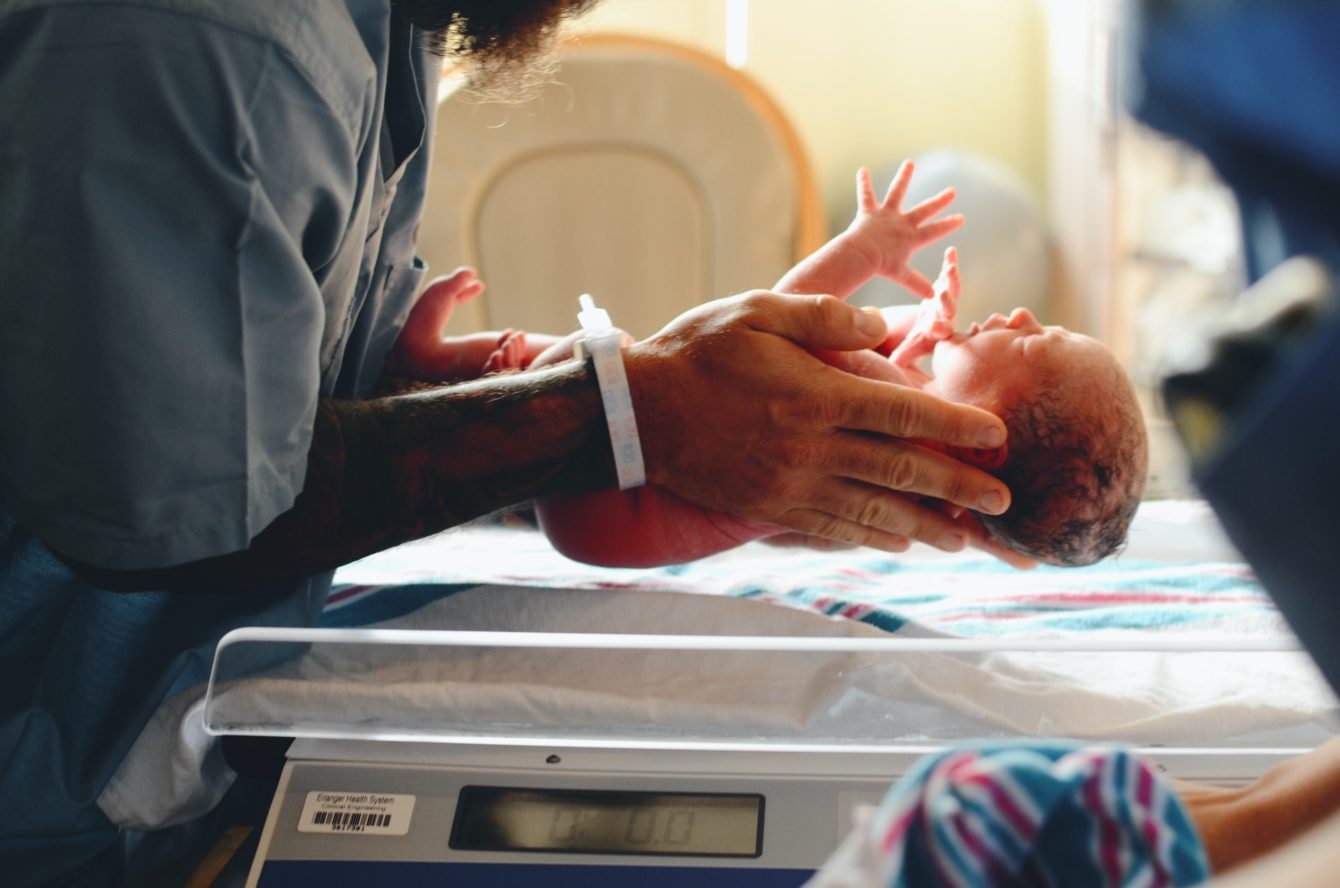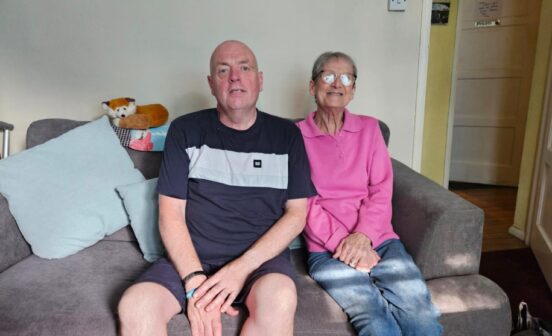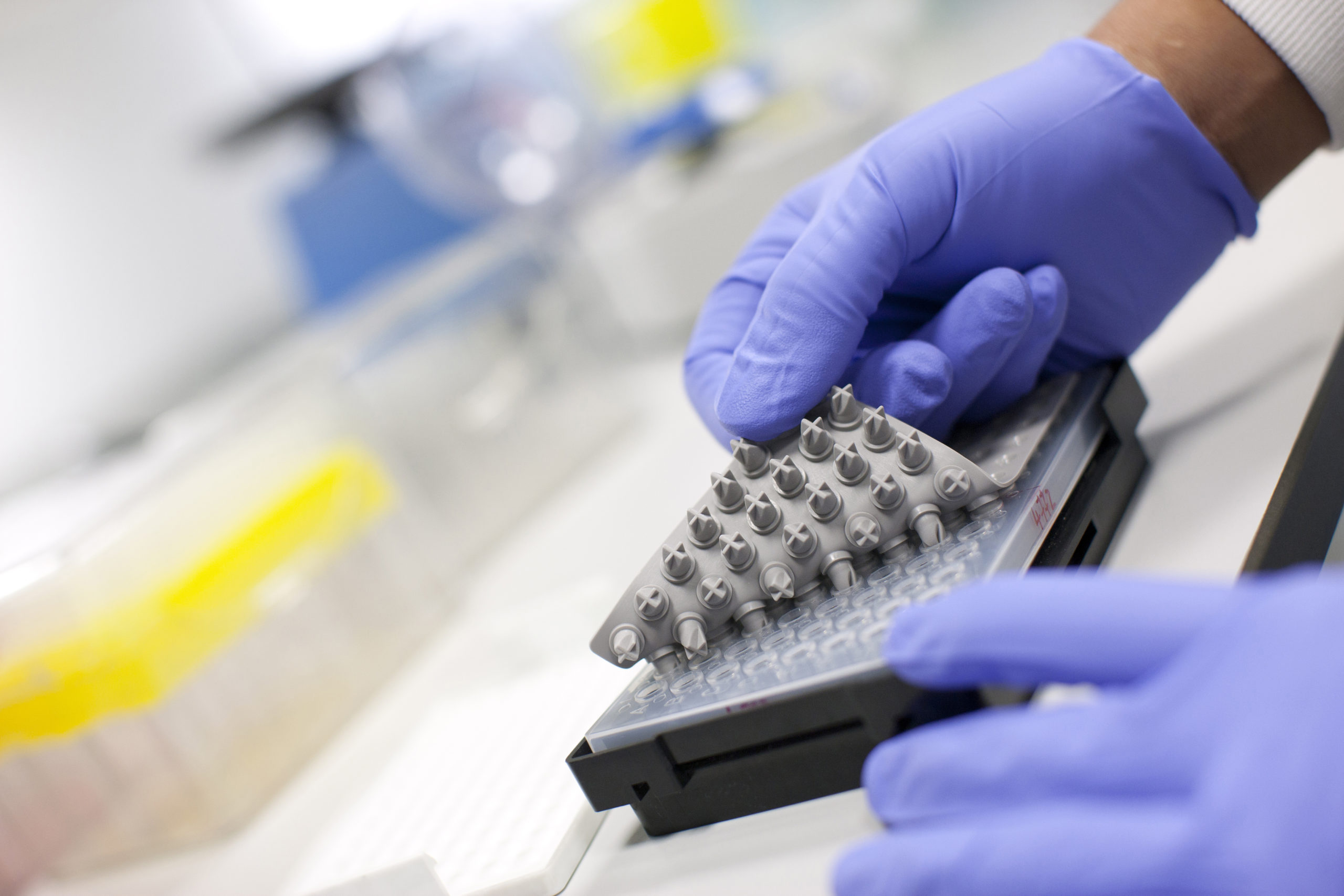InnovationPrevention Blood test could diagnose baby brain damage just hours after birth

An early blood test could detect which babies deprived of oxygen at birth are at risk of serious neurodisabilities like cerebral palsy and epilepsy.
The prototype test looks for certain genes being switched on and off that are linked to long-term neurological issues. Further investigations of these genes may provide new targets for treating the brain damage before it becomes permanent.
The team behind the test, led by Imperial College London researchers in collaboration with groups in India, Italy and the USA, have published their findings today in the journal Scientific Reports.
The research was conducted in Indian hospitals, where there are around 0.5-1.0 million cases of birth asphyxia (oxygen deprivation) per year. Babies can suffer oxygen deprivation at birth for a number of reasons, including when the mother has too little oxygen in her blood, infection, or through complications with the umbilical cord during birth.
Following oxygen deprivation at birth, brain injury can develop over hours to months and affect different regions of the brain, resulting in a variety of potential neurodisabilities such as cerebral palsy, epilepsy, deafness or blindness.
This makes it hard to determine which babies are most at risk of complications and to design interventions that can prevent the worst outcomes.
Now, in preliminary study of 45 babies that experienced oxygen deprivation at birth, researchers have identified changes to a raft of genes in their blood that could identify those that go on to develop neurodisabilities.
The study was funded via a Neonatal Medicine Endowment Chair grant from the Garfield Weston Foundation.
This study is supported by NIHR Imperial BRC.
Read the full story by Hayley Dunning, including details on ‘Examining gene expression’, here.





